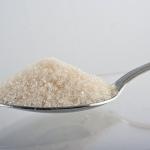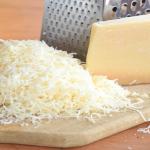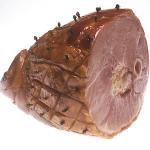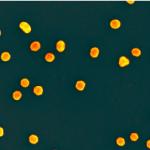The FDA has delayed labeling of our foods “added sugar” content until 2020, a new paper in Circulation tallies the costs and benefits of the policy in general.
Food & Nutrition
Reprinted by permission of McGill University Office for Science and Society.
###
A new analysis looks at the impact of diet, writ large, on the “global burden of disease,” that is to say what in our diet is linked [1] to disease and to what extent.
Reprinted by permission of McGill University Office for Science and Society.
###
Routine doctor's appointments usually end the same way. The doctor encourages you to exercise, stress less, and eat healthy, usually mentioning something about vegetables and fiber.
We all know the basics of healthy living, eat right, get enough sleep, move around. But it can be hard to get enough sleep if your homeless, tough to eat right if you live in a “food desert,” and well, at least you can move around.
If you buy a frozen leg of lamb at the supermarket how do you know whether it has thawed at some point from the provider to the market and then refrozen?
Type 2 diabetes is a growing problem, a complicated interaction of genetics, the gut microbiome, diet, and lifestyle.
Reprinted by permission of McGill University Office for Science and Society.
###
The nutritional dogma identifies saturated fatty acids (SFA) as slightly better than those natural born killers, trans-fats, but not as good as unsaturated fats regarding heart health.












